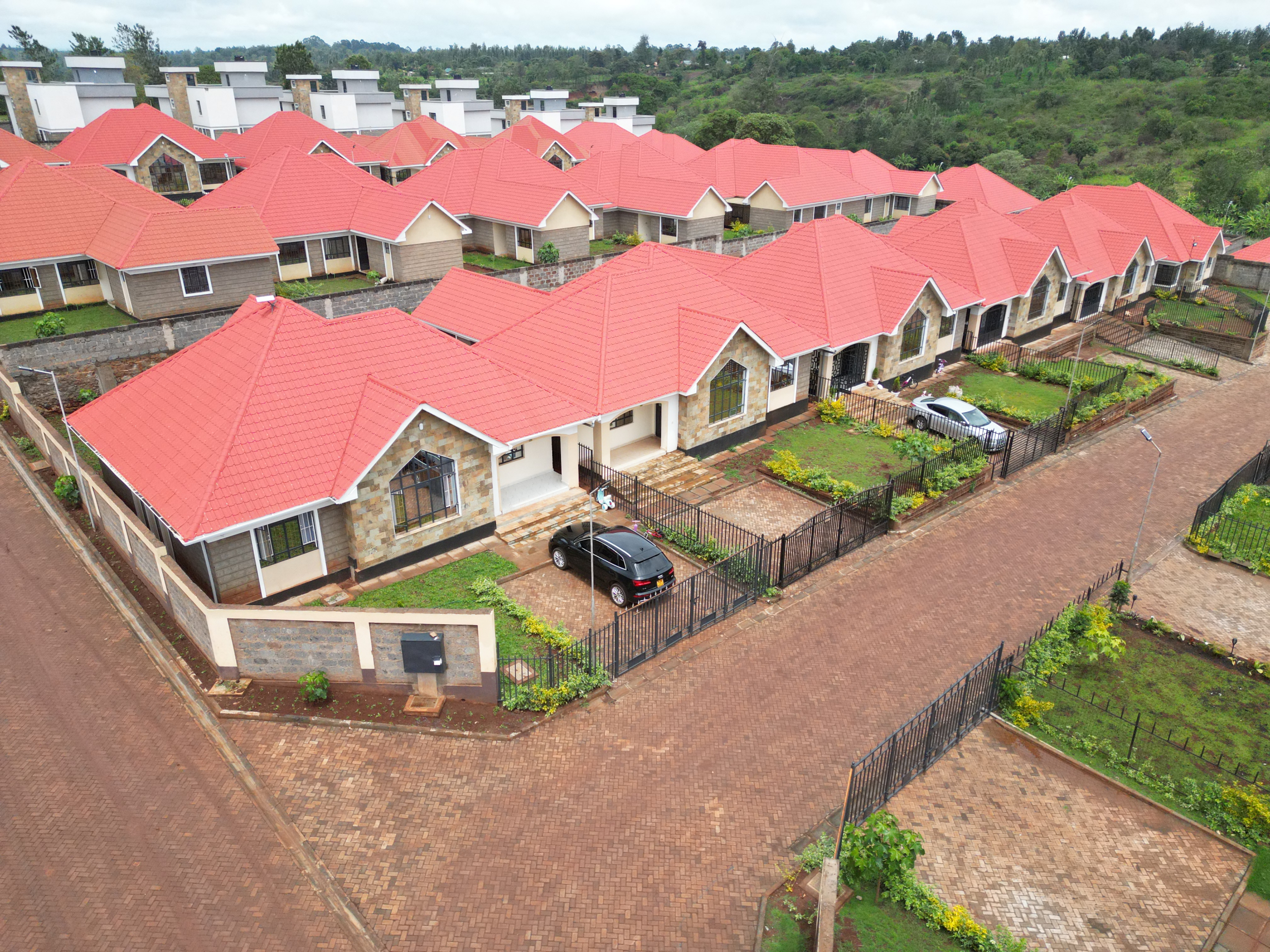The Kenya Real Estate sector is undergoing a significant transformation, driven by the rapid adoption of Property Technology (PropTech). As one of the most dynamic markets in Africa, Kenya’s property industry is leveraging innovative technologies to streamline processes, enhance customer experiences, and improve efficiency. From digital property listings to smart home solutions, PropTech is reshaping how Kenyans buy, sell, and manage real estate. This article explores the impact of PropTech on Kenya Real Estate, highlighting key trends, benefits, and future prospects.
The Rise of PropTech in Kenya Real Estate
PropTech, a fusion of property and technology, is gaining traction in Kenya as developers, agents, and buyers embrace digital solutions. The growth of internet penetration and smartphone usage has created a fertile ground for PropTech innovations. Online platforms are leading the charge by offering property listings, virtual tours, and seamless transaction processes. These platforms have simplified property searches, allowing users to filter listings by location, price, and type. For instance, a first-time homebuyer in Nairobi can easily find affordable housing options in areas like Ruiru or Kitengela without physically visiting multiple locations. This shift to digital solutions is not only saving time and effort for buyers but also providing wider exposure for sellers, making the property market more accessible and efficient.
Read also: The Future of Real Estate in Kenya: Key Trends for Homebuyers and Investors
Key PropTech Innovations in Kenya
1. Online Property Marketplaces
Online property marketplaces have revolutionized how Kenyans search for and purchase properties. These platforms provide a centralized hub where users can browse thousands of property listings, compare options, and connect with agents or developers. This has not only saved time and effort for buyers but also provided wider exposure for sellers. For example, a real estate agent in Mombasa can list a beachfront property and reach potential buyers across the country or even internationally.
2. Virtual and Augmented Reality (VR/AR)
Virtual and augmented reality technologies are transforming property viewings in Kenya. With VR, potential buyers can take immersive 3D tours of properties from anywhere in the world. AR, on the other hand, allows users to visualize how a property would look with different furniture layouts or renovations. This technology eliminates the need for physical visits, making it easier for international buyers or those in remote areas to explore properties. For instance, a Kenyan living abroad can use VR to tour a luxury apartment in Westlands, Nairobi, and make a purchase decision without traveling back home.
3. Blockchain Technology
Blockchain is being adopted in Kenya Real Estate to address issues like land fraud, double-selling, and lack of transparency in property transactions. By creating a decentralized and immutable ledger, blockchain ensures that all property records are secure and tamper-proof. This technology boosts trust in the real estate market, especially in a country where land disputes are common. The Kenyan government is already exploring blockchain for land registry management to reduce corruption and streamline property ownership verification.
4. Smart Homes
Smart home technology is gaining popularity in Kenya, particularly in upscale residential developments. IoT-enabled devices allow homeowners to control lighting, security systems, thermostats, and appliances remotely via smartphones. This enhances convenience, security, and energy efficiency, making smart homes attractive to tech-savvy buyers. For example, a homeowner in Karen, Nairobi, can use a mobile app to monitor their home’s security cameras, unlock doors for guests, or adjust the air conditioning while away.
Read also: dentifying High-Value Properties in Kenya’s Real Estate Market
5. Property Management Software
Property management software like Mautic and PropertyPro is helping landlords and property managers automate tasks such as rent collection, maintenance requests, and tenant communication. These tools also provide analytics to track occupancy rates, rental income, and expenses. Automation reduces administrative burdens and improves efficiency for property managers, while tenants enjoy faster response times for maintenance issues. For instance, a landlord with multiple rental units in Mombasa can use software to send automated rent reminders, track payments, and generate financial reports.
Benefits of PropTech in Kenya Real Estate
PropTech has brought numerous benefits to Kenya Real Estate, including improved accessibility, cost efficiency, and enhanced transparency. Digital solutions have made it easier for Kenyans to access property information and services, even in remote areas. For example, a farmer in Nyeri can use an online platform to list their land for sale and connect with potential buyers in Nairobi. Additionally, PropTech reduces overhead costs for real estate agents and developers, translating to more affordable properties for buyers. Technologies like blockchain are addressing long-standing issues of land fraud and mismanagement, while data-driven insights from PropTech platforms help investors make informed decisions.
Challenges and Opportunities
While PropTech is transforming Kenya Real Estate, challenges such as limited digital literacy, high internet costs, and regulatory hurdles remain. For instance, many Kenyans in rural areas may not have the skills or resources to fully utilize PropTech platforms. However, these challenges present opportunities for innovation and collaboration between the government, private sector, and tech startups. For example, a startup could develop a low-cost property management app tailored to small-scale landlords in rural areas, bridging the digital divide and expanding access to PropTech solutions.
The Future of PropTech in Kenya Real Estate
The future of Kenya Real Estate looks promising as more startups and investors enter the PropTech space. With the Kenyan government’s focus on affordable housing and smart cities, PropTech will play a crucial role in achieving these goals. Emerging trends like AI-powered property valuations, drone mapping, and green building technologies are set to redefine the industry. For instance, AI algorithms can analyze market trends to provide accurate property valuations, while drones can be used for aerial photography and land surveying. Green building technologies, such as solar panels and rainwater harvesting systems, are also gaining traction as sustainability becomes a priority for buyers and developers.
Kenya Real Estate is at the forefront of Africa’s PropTech revolution, leveraging technology to address longstanding challenges and unlock new opportunities. As the sector continues to evolve, PropTech will remain a key driver of growth, innovation, and inclusivity in the property market. Whether you’re a buyer, seller, or investor, embracing these technological advancements is essential to staying ahead in Kenya’s dynamic real estate landscape. The integration of PropTech is not just a trend but a necessity for a more efficient, transparent, and sustainable future in Kenya Real Estate.
Read also: Building vs. Buying a Home in Kenya: Which is the Better Option?





